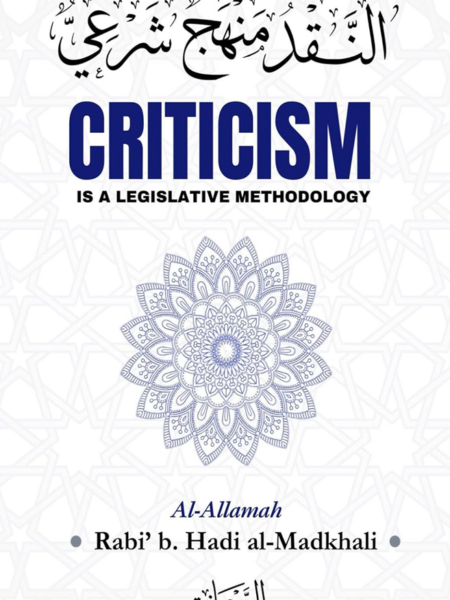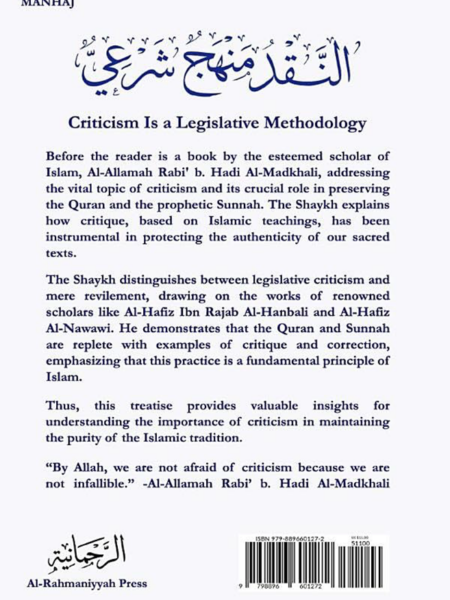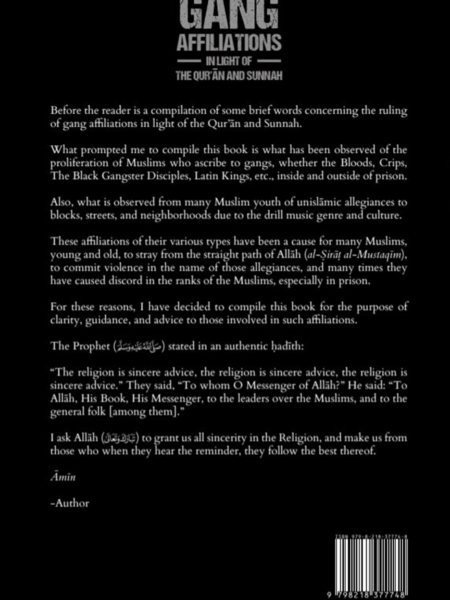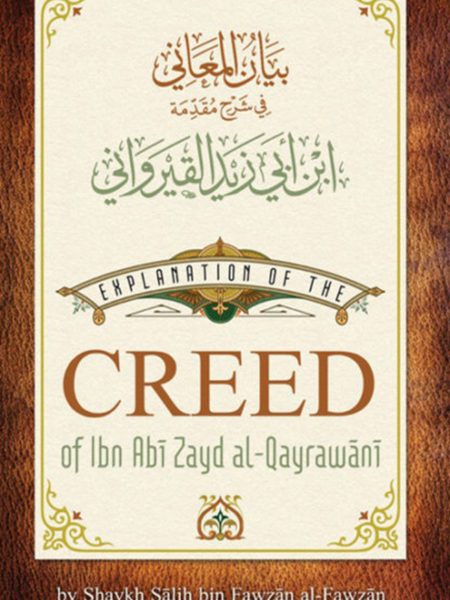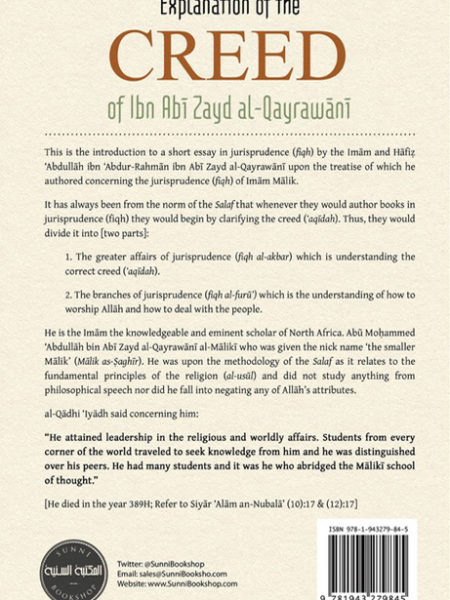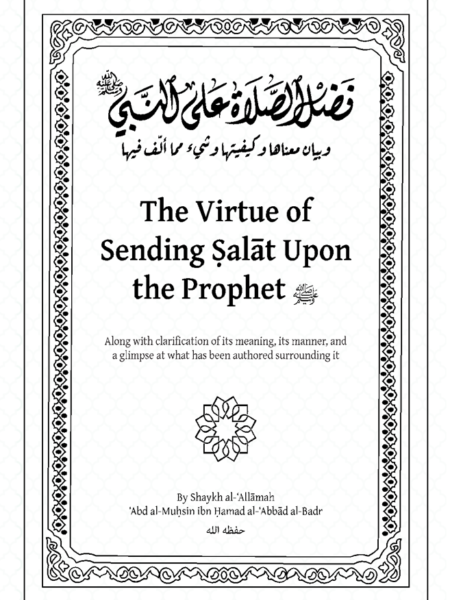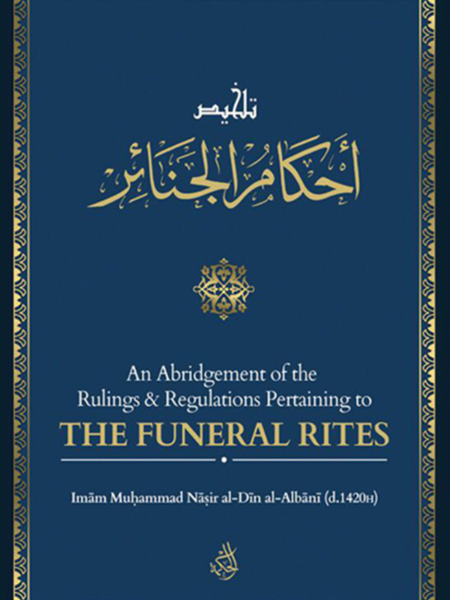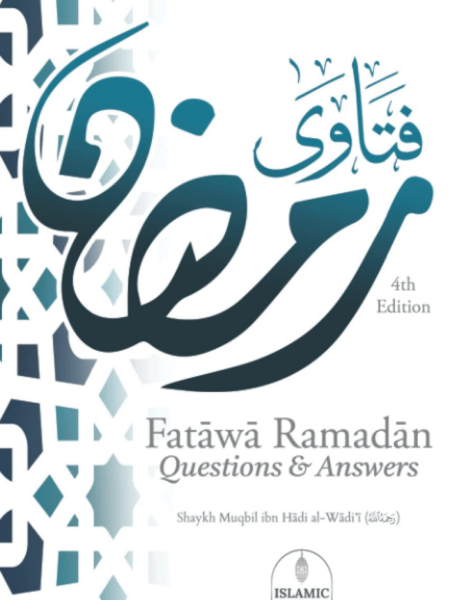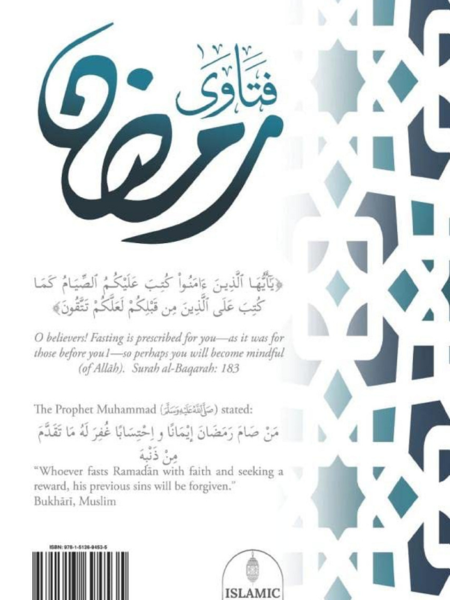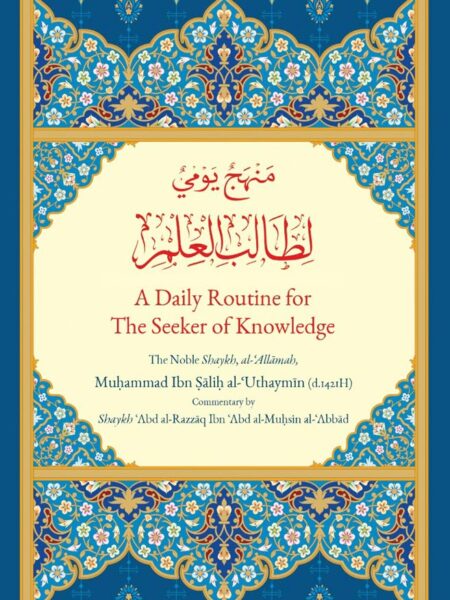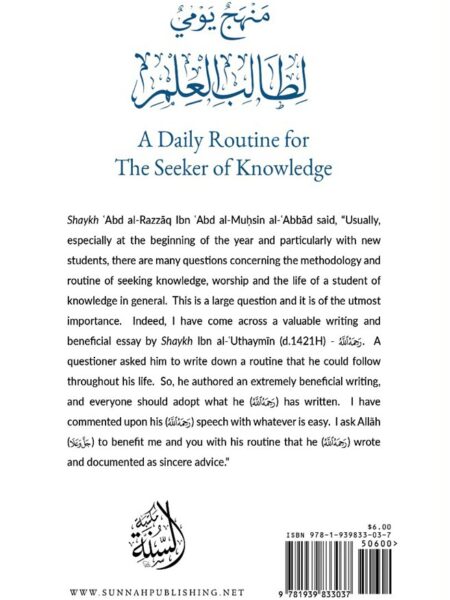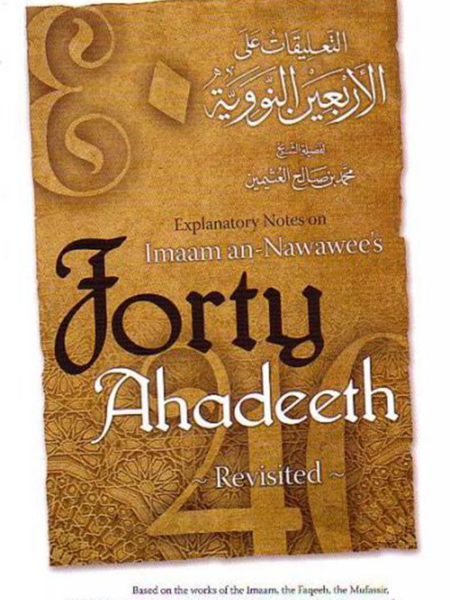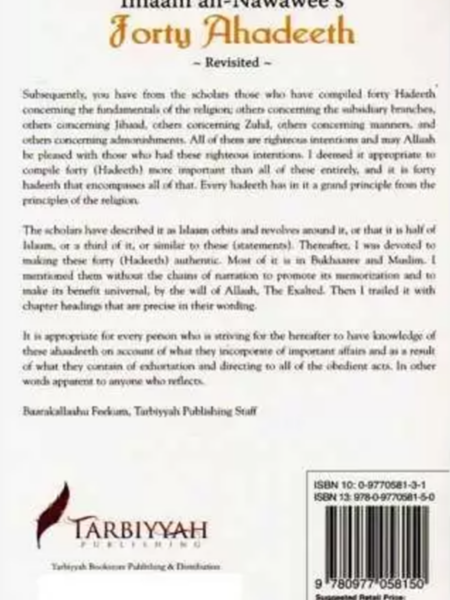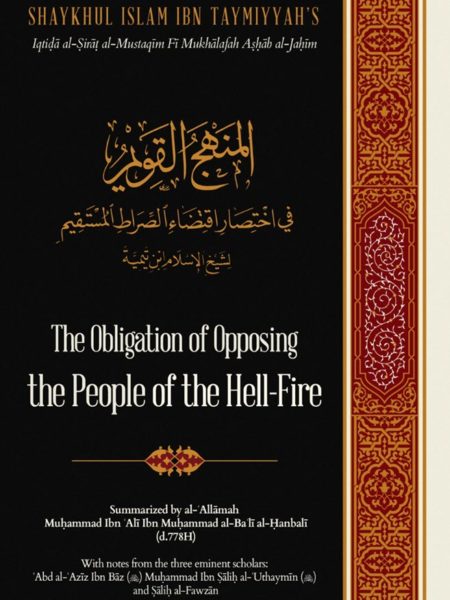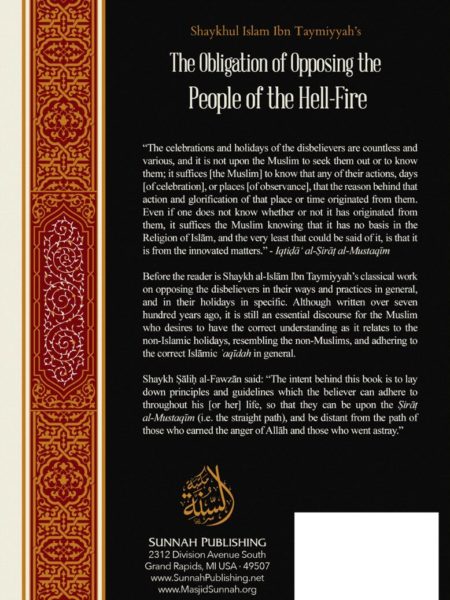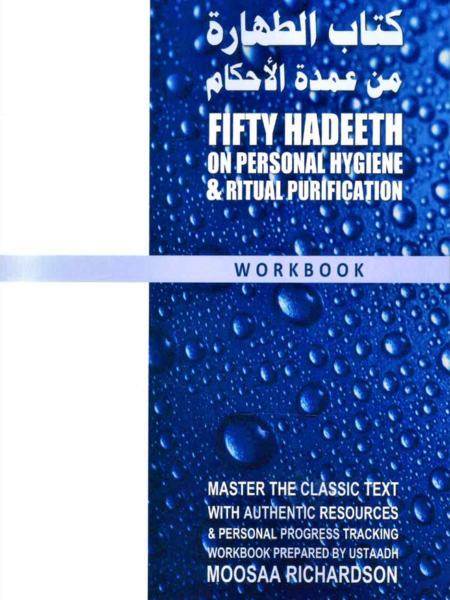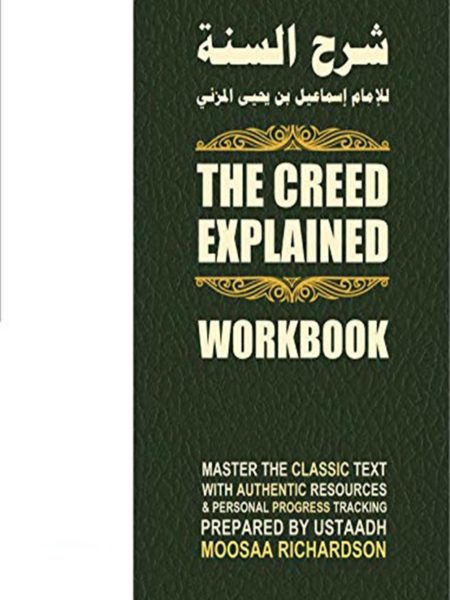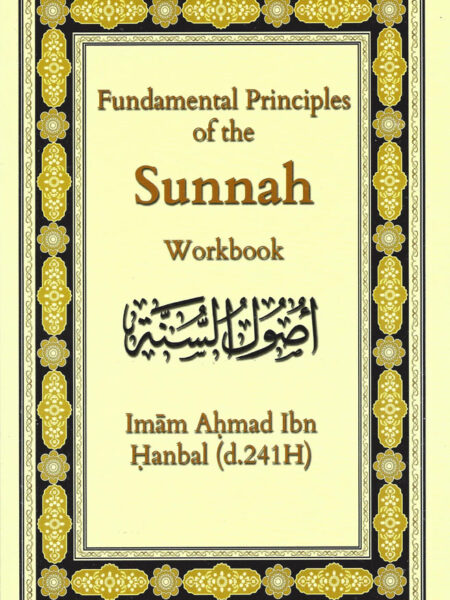-
-
-
A Glimpse at Humor in the Prophetic Sunnah (2nd Edition) – Compilation & English Translation By Abul Hasan Malik Adam Al-Akhdar
Many believe that Islam prohibits humor, but this is a misconception. In fact, the noble Prophet of Islam used humor wisely: to comfort the grieving, extend warmth and affection to his loved ones, and bring joy to children.
This collection of authentic traditions on the Prophet’s humor is a valuable addition to the Islamic heritage. We pray it helps illuminate the illustrious example of Allah’s Messenger.
-
Imam Warith Deen Mohammed was the leader of a large community of Black American Muslims. During his lifetime, and after his death, he amassed a large group of supporters and loyal followers who consider him to be the reviver of Islam. He also has his share of critics.
This is an in-depth analysis of the teachings of Warith Deen Mohammed spanning 33 years and extracted from his books, writings, poems, and more than 1,500 sermons and lectures from 1975 to 2008.
-
-
Title: Gang Affiliations in Light of the Qur’an and Sunnah
Author: Anwar Wright
Publisher: Anwar Wright, March 2024
ISBN: 9798218377748 -
This is the introduction to a short essay in jurisprudence (fiqh) by the Imām and Hāfiẓ ‘Abdullāh ibn ‘Abdur-Rahmān ibn Abī Zayd al-Qayrawānī upon the treatise of which he authored concerning the jurisprudence (fiqh) of Imām Mālik.
It has always been from the norm of the Salaf (X) that whenever they would author books in jurisprudence (fiqh) they would begin by clarifying the creed (‘aqīdah). Thus, they would divide it into [two parts]:
1. The greater affairs of jurisprudence (fiqh) al-akbar) which is understanding the correct creed (‘aqīdah).
2. The branches of jurisprudence (fiqh) al-furū’) which is the understanding of how to worship Allāh and dealings with the people.
-
-
-
A Daily Routine for The Seeker of Knowledge by The Noble Shaykh, al-ʿAllāmah, Muḥammad Ibn Ṣāliḥ al-ʿUthaymīn (d.1421H) with commentary by Shaykh ʿAbd al-Razzāq Ibn ʿAbd al-Muḥsin al-ʿAbbād
Shaykh ʿAbd al-Razzāq Ibn ʿAbd al-Muḥsin al-ʿAbbād said, “Usually, especially at the beginning of the year and particularly with new students, there are many questions concerning the methodology and routine of seeking knowledge, worship and the life of a student of knowledge in general. This is a large question and it is of the utmost importance. Indeed, I have come across a valuable writing and beneficial essay by Shaykh Ibn al-ʿUthaymīn (d.1421H)(رحمه الله)
-
-
-
-
NOT for independent self-study, this workbook is based on the classic text, Sharh as-Sunnah, by Aboo Ibraaheem Ismaa’eel ibn Yahyaa al-Muzani (d.264). Currently, this text is being studied at Masjid Ibn Baaz in South Philadelphia (USA) under Shaykh Hamzah ‘Abdur-Razzaaq (may Allah bless and preserve him).
-
Cart



